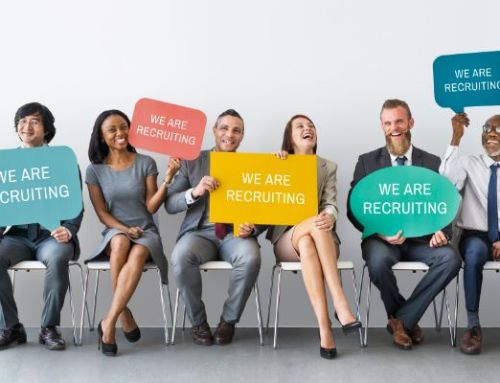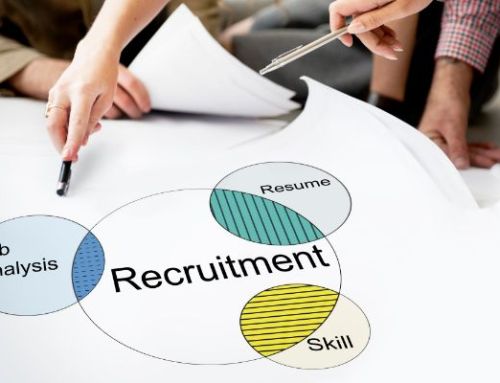In order to stay ahead of the pack, organizational transformation is important for every business today. Perhaps one of the most important aspects to consider for organization transformation is human resources or the employees. It’s fortunate that most companies have outgrown the idea that employees are just workers and acknowledged them as resources.
Without proper resources including human input, business strategies and goals can’t be achieved. In this regard, we can see the need for an HR seat at the table. To start with, HR leaders are responsible for shaping the company culture and leading employees towards attaining the company’s objectives.
Talent management is their forte
Since HR leaders already understand the company’s objectives, vision and mission, they deserve a seat at the table. Rather than coming into the table as employee representatives, HR leaders have more to offer given the skills they have in strategic talent management. Remember, HR leaders play a significant role in talent acquisition, retention, development, performance planning and training.
At this point, we can all agree that a company’s transformation relies heavily on its workforce or human resources. The HR department needs to advise the company directors on the measures that should be taken to acquire top talent and compensate them well to retain them. Well, they could use a hand from time tracking specialists such as Index time track but that’s a story for another day.
Their role is to ensure that they have a viable strategy that maintains productivity in the long term. They have to come up with a viable plan that takes care of succession for various posts and recruitment of new talent as the company grows. Since they have access to the way the company runs, how profits are made, how multiple departments perform, client’s expectations and what drives growth, they would be more valuable as strategic partners rather than passive employees.
They organize the company
Today, the HR role has moved from mainly administrative tasks to making critical decisions such as deciding the organization structure that best suits a company’s business model. HR leaders rarely work to meet their goals but rather the company goals. They are able to demonstrate the value of an organization structure and the need to distribute roles to the company staff members that are best suited.
When working out an organization’s transformation strategy, time is very important. HR leaders are in a position to advise on better time management in the office. Furthermore, they can calculate or estimate the time needed for transforming an employee to realize their full potential. They can judge the required time and work needed including training for employees to be in line with the company’s objectives fully. Due to the time and resources used for an employee to fully ‘mature’ and become a company’s ‘asset’, they also need to figure out the best way to retain him/her or groom someone else in readiness for succession.
They shape the company culture
HR leaders put in a lot of work in maintaining the company culture and communicating to employees the importance of working towards attaining the company goals. They are also responsible for performance analysis and recommendations in case a few changes are needed. They ensure that employees don’t waste valuable working hours through setting up quality time tracking systems in the office. A lot of useful time goes to waste through buddy punching, time wastage and general dragging of projects, something that HR leaders are capable of monitoring and minimizing before it’s too late.
HR leaders that are sufficiently knowledgeable of your organization’s goals, strategies, vision, and mission could be a great resource when allowed to sit at the table. They not only bring in their expertise but also get to hear and understand the direction the company is taking from the horse’s mouth so they can come up with viable mechanisms to achieve the set objectives. They are also responsible for dealing with various obstacles that lead to reduced productivity and the general growth of an organization.
All in all, HR leaders play a vital role in a company’s well-being and transformation and therefore need a seat at the table. They are more like business associates rather than employees.
Image 1 via Flickr C.C. 2.0
Image 2 via Flickr C.C. 2.0







Rightly explained the role and importance of HR leaders
Thanks for giving valuable information sir
That was really helpful!
Thank you.
Very helpful and great information to learn .
Thanks sir
Thank you so much for elaborating the topic, being an HR student the topic is very helpful for me. Thank you once again.